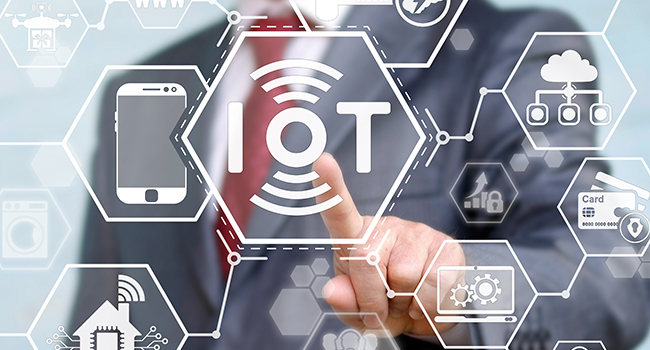
Congress Introduces Bill to Improve IoT Security
The Internet of Things Cybersecurity Improvement Act aims to establish a bare minimum of security standards for IoT devices used by the federal government
- By Jessica Davis
- Mar 13, 2019
Members of the U.S. Senate and House of Representatives introduced Monday the Internet of Things Cybersecurity Improvement Act. The goal of the bill is to bring legislative action to improve cybersecurity in the emerging tech.
During a Senate hearing last year, Defense Intelligence Agency Director Lt. General Robert Ashley told legislators that insecure IoT devices are one of the “most important emerging cyberthreats” to U.S. national security.
No national standard exists for IoT security, leaving each manufacturer free to decide how secure they want their devices to be.
The Internet of Things Cybersecurity Improvement Act aims to solve that problem by requiring a bare minimum of security standards for any IoT device used by the federal government.
The bill would not establish security standards for IoT companies across the board, just those that want to sell to the U.S. government. The hope is that by increasing security standards for one of the largest customers available, the federal government, that standards for the entire IoT industry will improve as well.
"While I'm excited about their life-changing potential, I'm also concerned that many IoT devices are being sold without appropriate safeguards and protections in place, with the device market prioritizing convenience and price over security," Sen. Mark Warner said.
If passed, the federal IoT security bill would receive recommendations from the National Institute of Standards and Technology regarding security standards the U.S. government should follow. NIST would review that policy every five years.
In addition, all IoT vendors who sell to the U.S. government would be required to have a vulnerability disclosure policy to alert government officials when the devices they use are vulnerable to cyberattacks.
"As these devices positively revolutionize communication, we cannot allow them to become a backdoor to hackers or tools for cyberattacks," Rep. Robin Kelly said.
About the Author
Jessica Davis is the Associate Content Editor for 1105 Media.